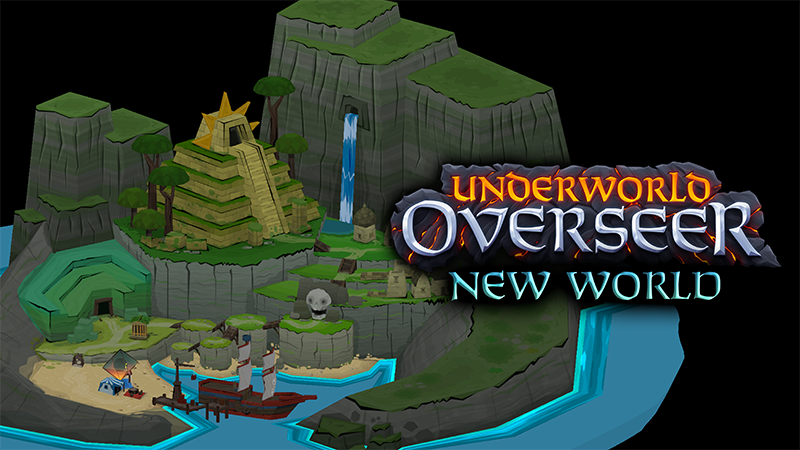Job Simulator Dev Says 'We're Close' To Mass Market Immersive VR
Job Simulator dev says we're close to mass market immersive VR.
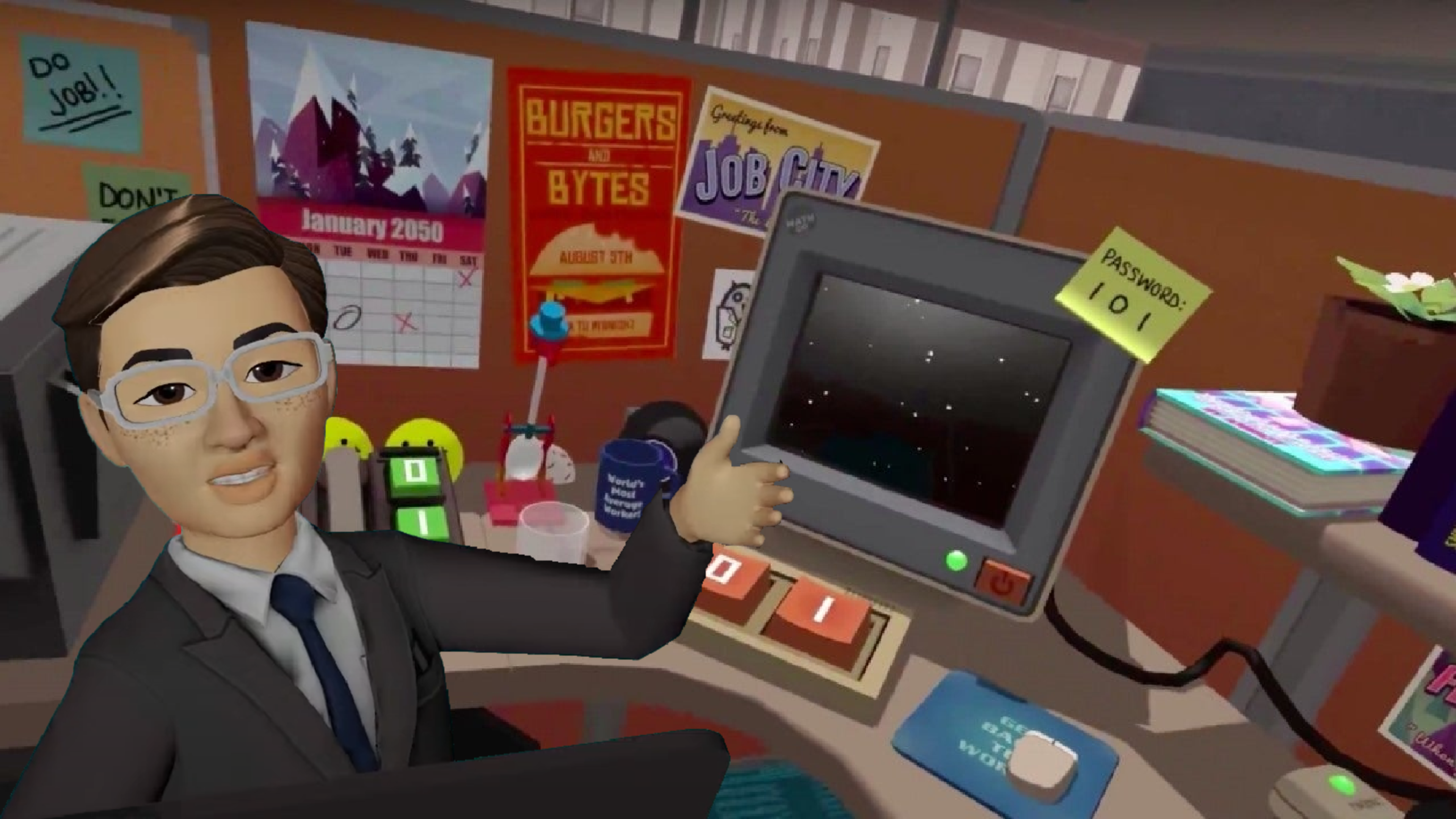

Andrew Eiche didn't exactly have to interview for his job at Owlchemy Labs back when they were finishing Job Simulator.
The question was whether he wanted to move to Austin, Texas.
Speaking with us roughly a decade after making that move with a series of credits to his name including some of the most used VR games of all time, Eiche said he called into our stream this week from a guest room in his home equipped with a bed that can fold up in case he needs space for VR.
"I got accused of never being offline," Eiche says. "Work is one thumb tap away."
Eiche's hour and a half conversation with us amounted to a kind of "career retrospective" looking back at a decade in VR development, following our first such broadcast with Darknet and Ironstrike creator E McNeill.
Playgrounds For Roleplay
The stream started with Don Hopper in the background playing single-player games Job Simulator, Vacation Simulator, and Cosmonious High, as I talked with Eiche from the UploadVR Studios. By the end of the show the three of us were gathered around the campfire in Dimensional Double Shift as Eiche shared with us a clever strategy when you're low on time and have too much work to do in VR.
Lighting your own simulated digits on fire quickly cooks held items.
Humor that players make for themselves is the most potent kind of joke in their VR games, Eiche suggested over our play session. As Don played the games and Eiche shared anecdotes, like the rat exterminator who came to Owlchemy's office and suggested they should have been making League of Legends, we started to understand what changed about game mechanics and roleplay across each of the titles.
Eiche's conversation with UploadVR comes during a turbulent time for the VR and gaming markets. He spoke on the record with UploadVR recently for our article covering Meta's evolution "From Quest To Horizon", so during this time with Eiche we focused on the games at hand instead of that broader conversation.
Still, you can see us begin to touch on the subject at various points. We talk about Horizon Worlds' reliance on controllers and mobile input, for instance.
Overall, the stream shows us how Google's key investment in hand interactions from 2017 delivers us in 2025 a path forward for VR that relies only on your hands for a safe social playground online.
I ended the conversation asking Andrew to speak with us about the future of VR as a medium. While we encourage you to check out the whole stream for a look at a path through 10 years of VR development, I thought it worth clipping that out for us to reflect on.
"What you're really going to see happen is, when you can combine the experiences that keep you engaged in the immersive, that's when the magic's going to happen because the converse of immersive is every time I have to look at my phone or my watch, we've also failed, right? So how can I have these fully immersive spaces and continue to engage with my two dimensional workflows without missing a beat in these spaces? That's the entryway to mass market. That's where this whole thing goes. As people go, wow, I'm experiencing one of the really cool immersive films that are out there, or I'm doing Puzzling Places, right? And I get a message in Puzzling Places or Walkabout. I get a message, right? Those games are kind of in the zone games. And you go, oh, I have to answer this Slack message. Right now, I have to take off my headset and look at my phone...but if I could just pop up Slack, answer it, close it, the game doesn't even exit, and I'm off and running. That's incredible."
"And then you know what's gonna happen? I'm going to exit Walkabout later on and go, well, I'm already in my headset. And I already know how to use Slack in my headset. Why not just keep using it? That's how the iPad worked. That's how the watch stuff worked. That's how the phone worked. That's the playbook. That's where the future is. And I think we're close to it. And the real question looking forward is, can we create a space for the 2D content to exist within the immersive without becoming so obsessed with the 2D content that we forget what made this platform so special?"





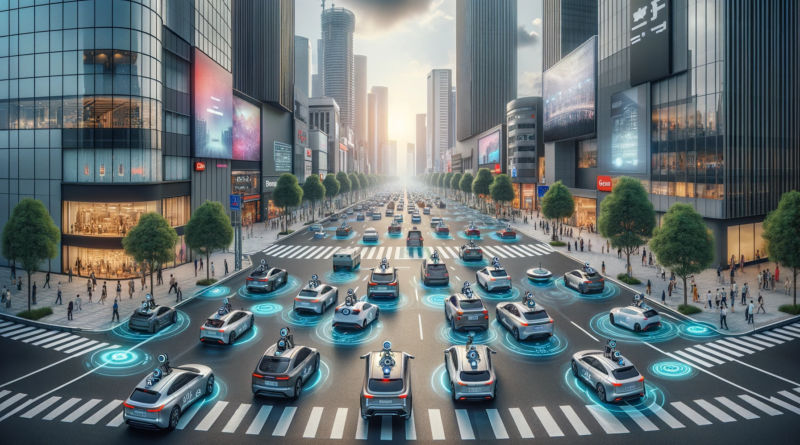






















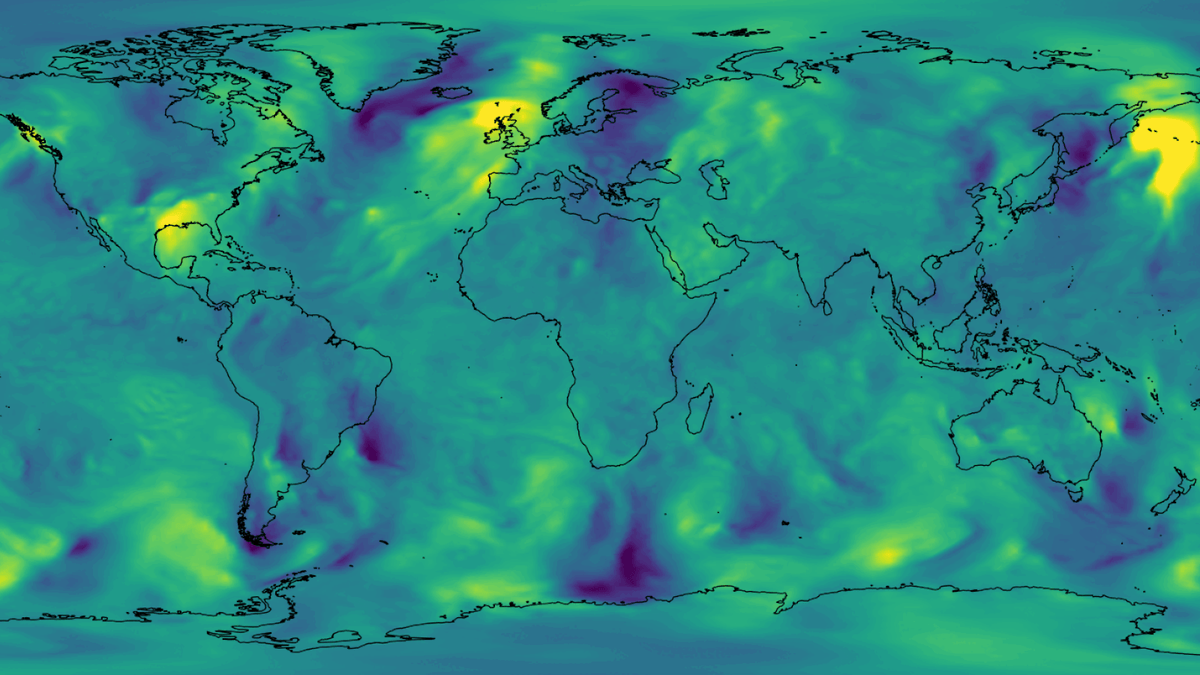














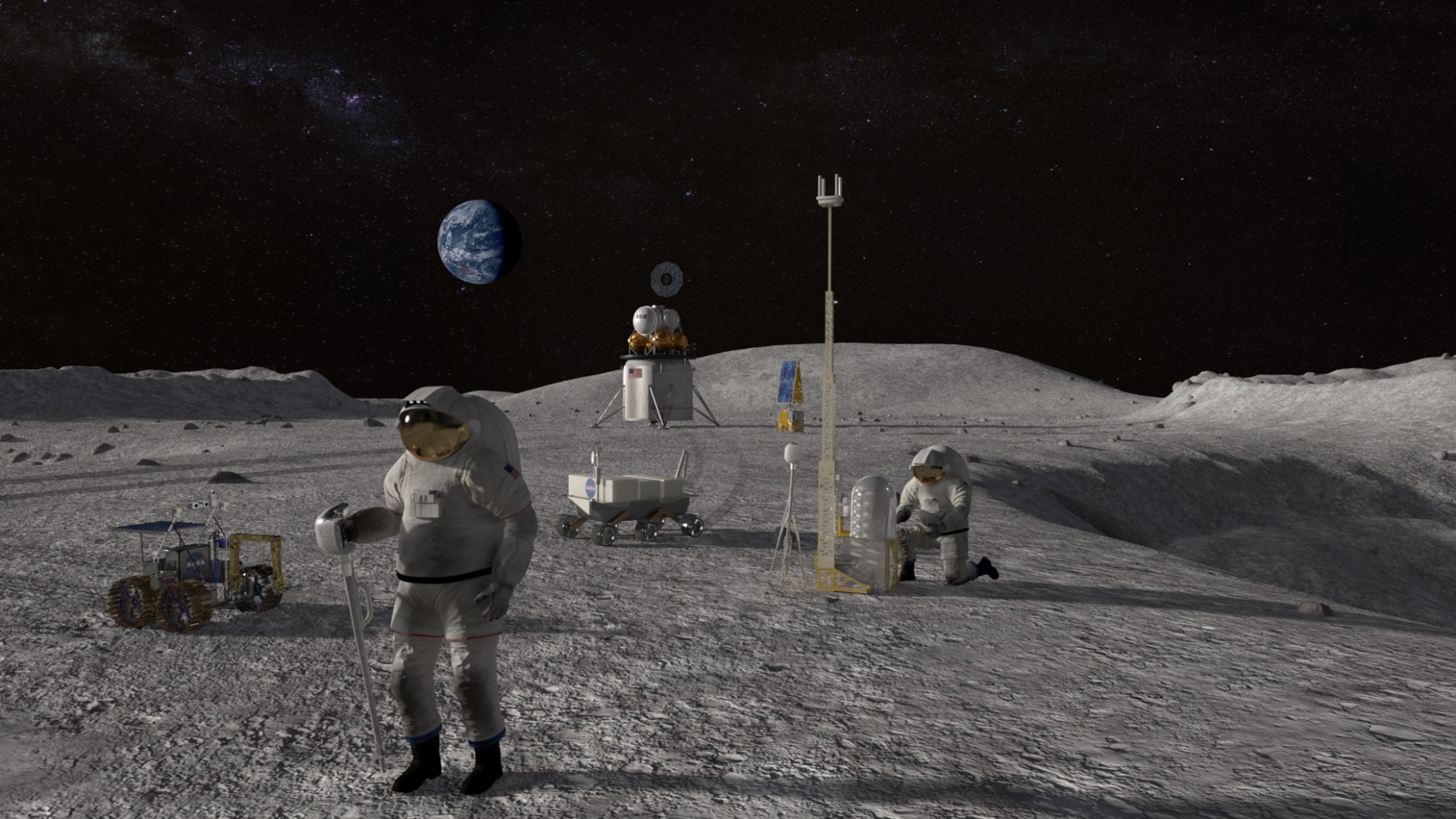







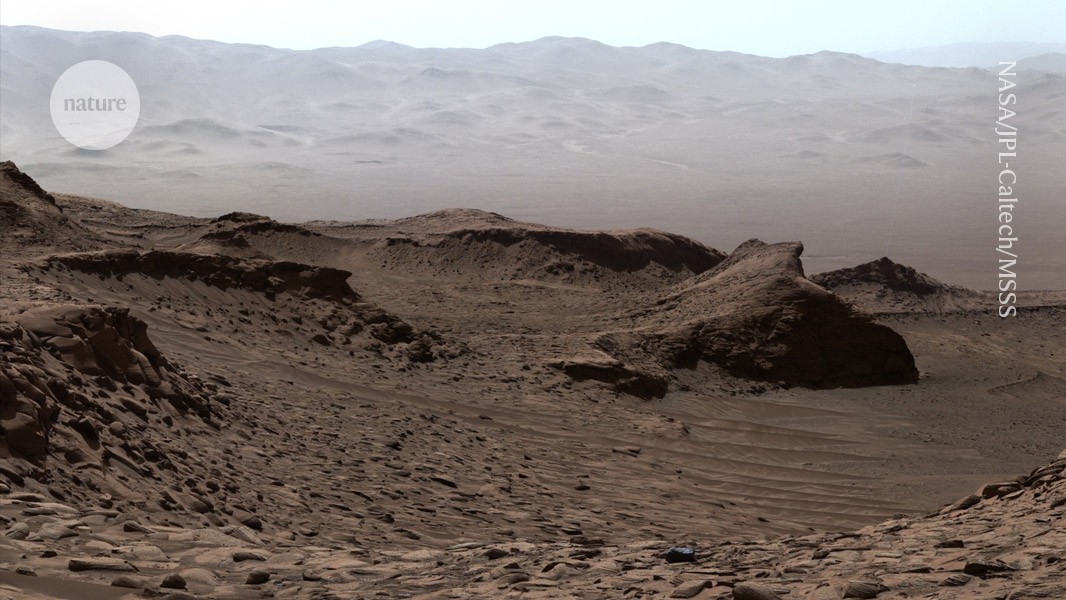




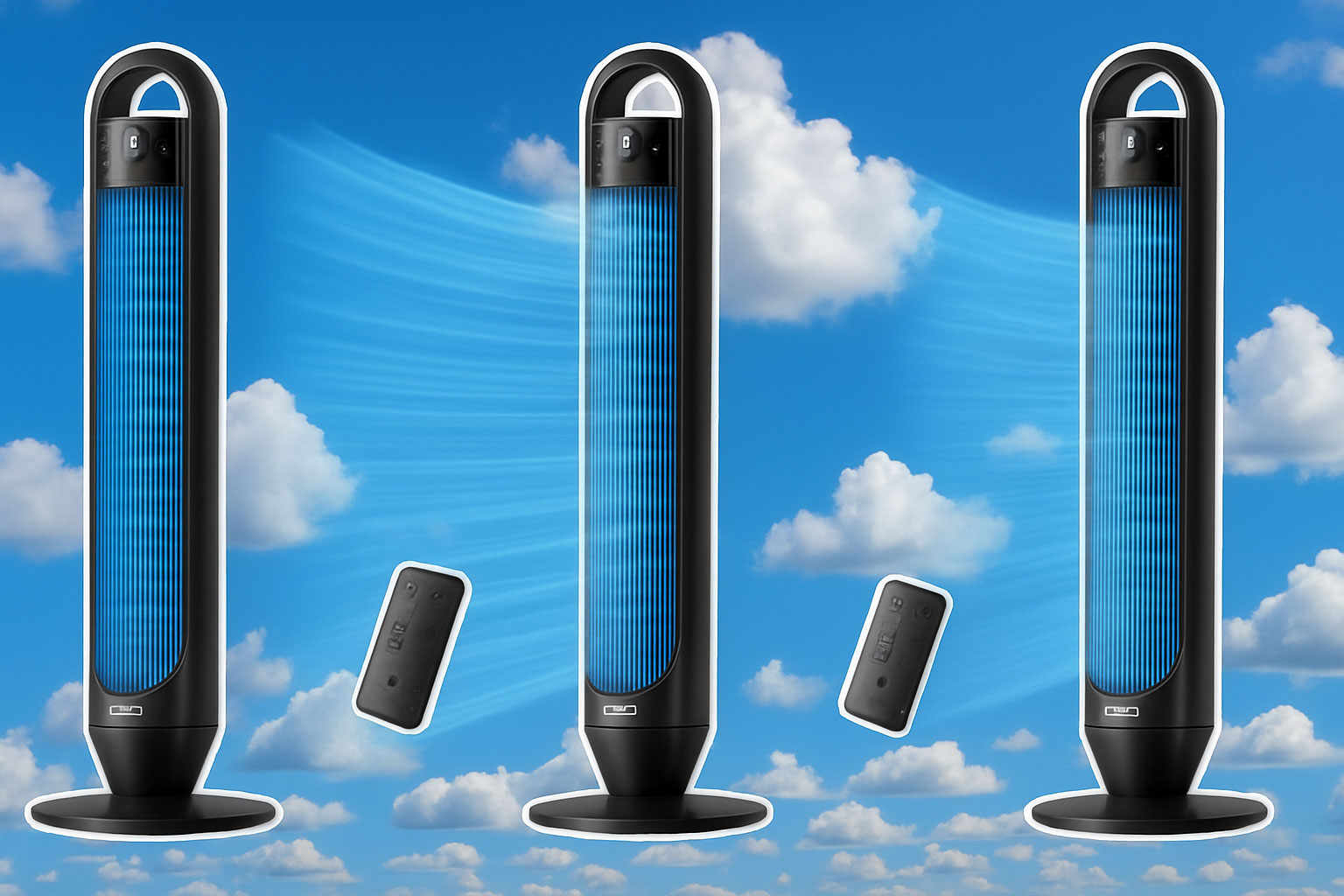
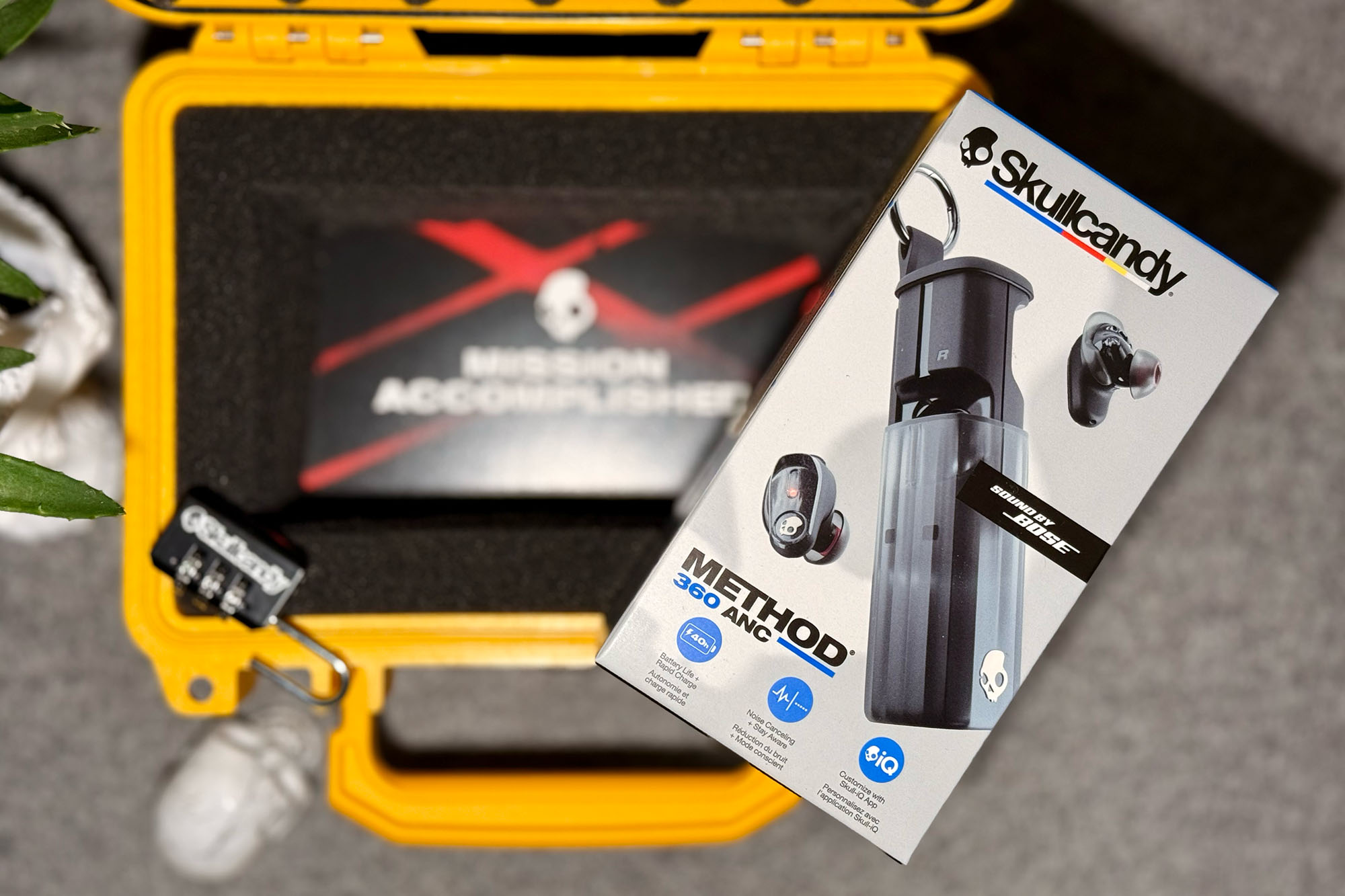



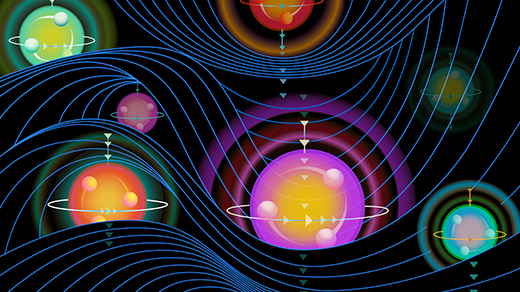

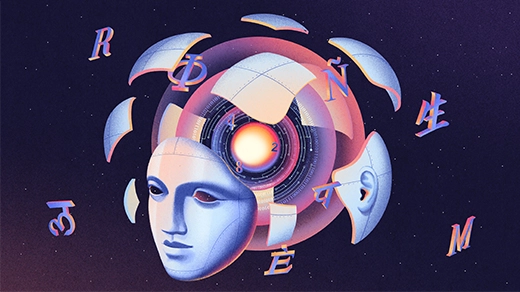




































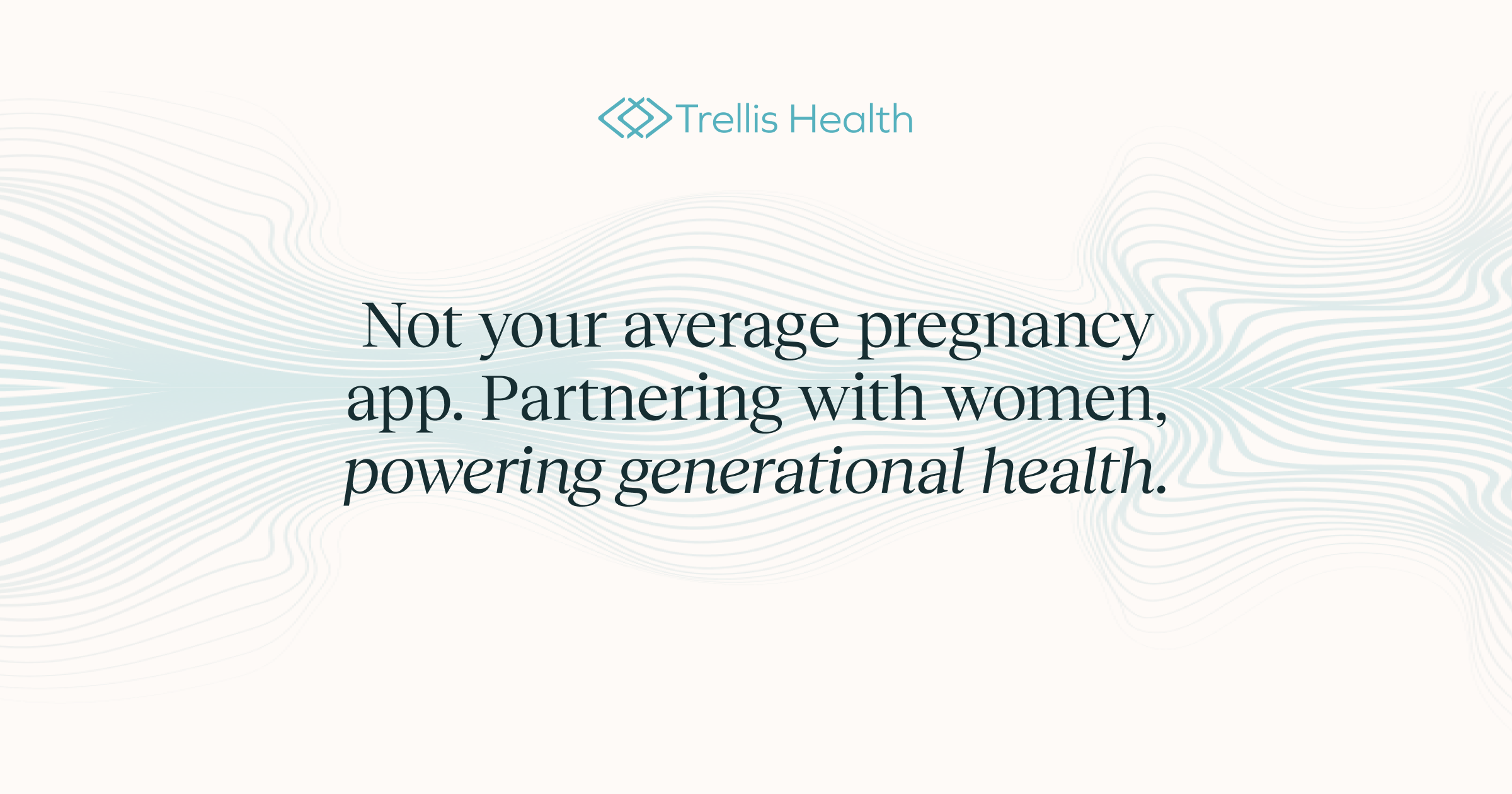

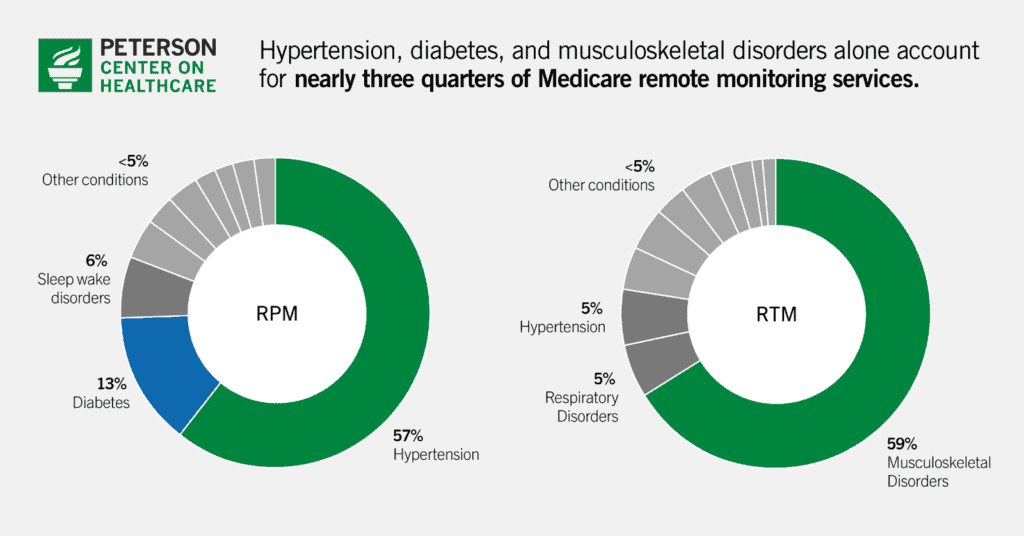


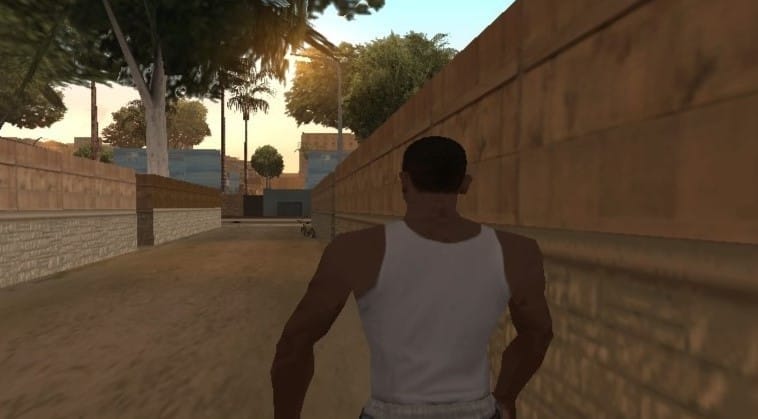

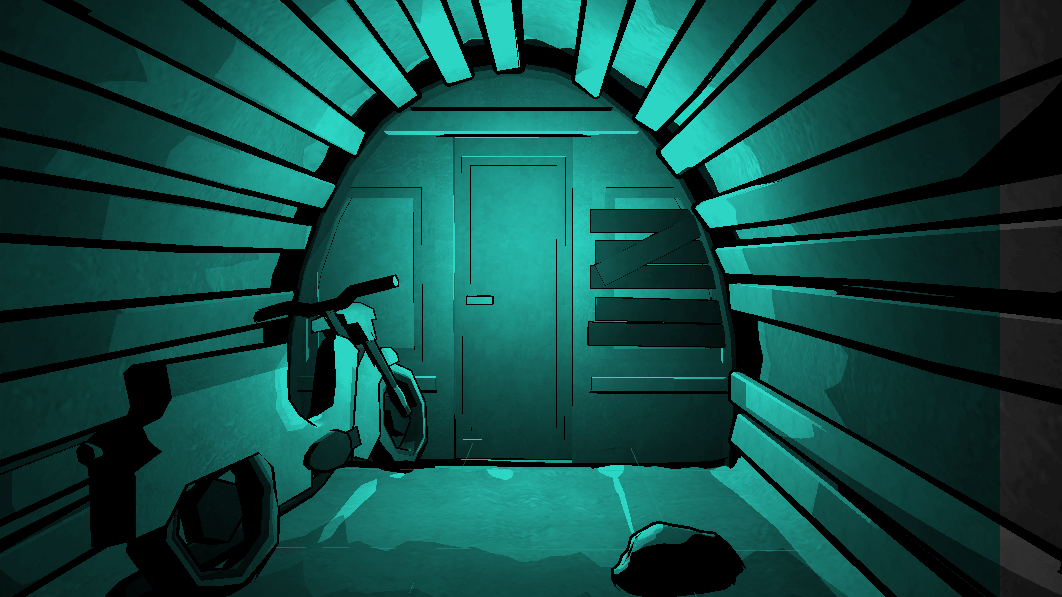
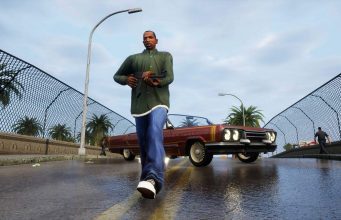



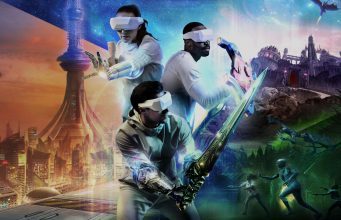
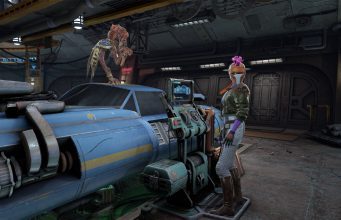
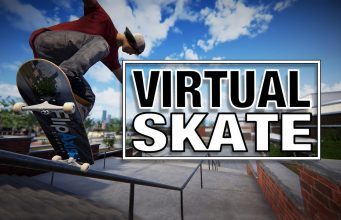



![The breaking news round-up: Decagear launches today, Pimax announces new headsets, and more! [APRIL FOOL’S]](https://i0.wp.com/skarredghost.com/wp-content/uploads/2025/03/lawk_glasses_handson.jpg?fit=1366%2C1025&ssl=1)





